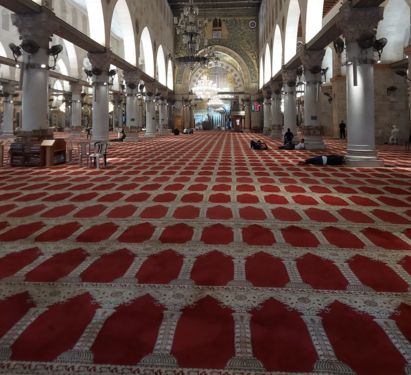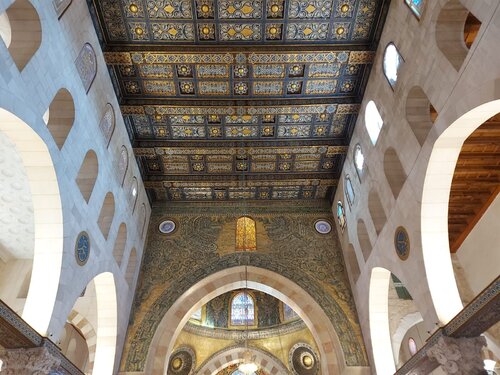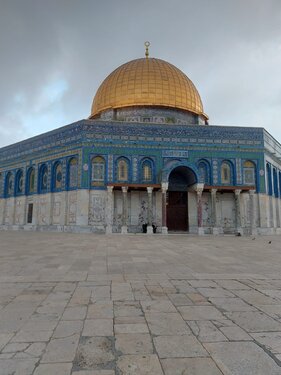His arrival heralded a new dawn for the whole universe after a long dark night: The noblest of Allah’s creation, the leader of His creation, and the Seal of His Messengers.
None from Allah’s servants are equal to him. He won hearts through his character. He captivated souls through his love. And He made mankind cry out of yearning for him. He is Muḥammad b. ʿAbdillāh: Allah’s final and most beloved Messenger, sent as a mercy to mankind till the Last Day.
He was the best of the best. His worship was the best. His character and interactions with others were the best. His family relations were the best. His leadership was the best.
Read this free eBook to learn more about this great man.
This FREE E-Book contains:
- His Iman & Love for Allah
- His Sublime Character
- The Messenger: A Grateful Servant
- The Messenger: The Murabbi
- The Messenger: A Family Man
- Loved By Allah’s Creation
- The Messenger & His Love for The Ummah
- Do We Truly Love Our Prophet ﷺ?
Download, read, print and share with family and friends















Palestine - News
in Palestine
Posted
Headline on Mahyar Tousi TV!!